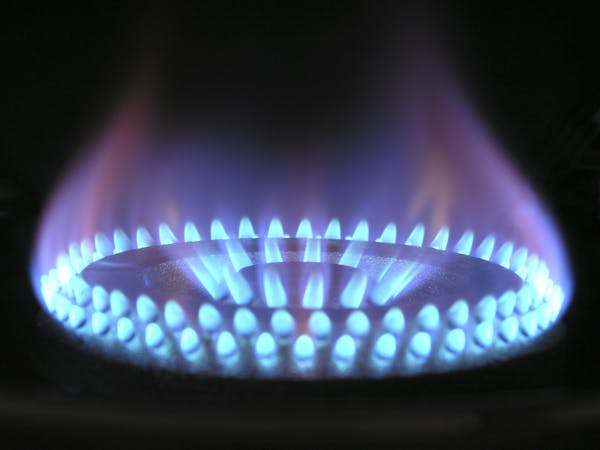The independent review, due to be published this afternoon, does not seek to address energy concerns in the immediate term, but instead is concerned with implementing options up to 2030.
Other possible mitigation measures include onshore strategic gas storage, additional electricity interconnectors, biomass plants and hydrogen plants.
The short list of mitigating solutions does not contain a permanent LNG port on the Shannon Estuary.
The review procedure is still in progress.
Today marks the beginning of a public consultation that will last through October 28.
The Government is then anticipated to receive recommendations by the year's end.
Ireland's gas demand is predicted to decline over the next few years, although "peak day demand" is predicted to rise.
This would imply that on days when there was little wind, demand for renewable energy sources like wind would be difficult to meet. As a result, mitigation strategies will be needed.
Separately, coalition leaders will discuss budgetary measures to help people and businesses with high energy bills in the coming months when they meet later today.
Environment Minister Eamon Ryan discussed his assessment of the risk to Ireland's energy supply while responding to the report from today.
Mr. Ryan said the following to RTÉ's News at One: "There are, in my opinion, three distinct issues at play. Our immediate concern is the high cost of electricity brought on by Russia's gas cutoff."
In order to handle the secondary issue with the electrical supply this winter and the following winter, he added, "new generation, new renewable power, and we will accomplish it."
He also said the report looks at a third issue, which is a more medium term in terms of how secure is our system into the future?
The report look at how secure our electricity and gas systems are.
"It looks at every eventuality, every possibility," he added.
According to Mr. Ryan, this "more medium term look" evaluation must consider the current situation involving Russian gas.
He claimed that compared to other European nations, Ireland is "in a distinct circumstance."
Ireland is connected to the UK and afterwards to the Norwegian gas system, which is not reliant on Russian gas, thus it is not in a "high risk location," according to the Minister.
The possibility of a genuine shortfall as a result, he added, was "low, not impossible, but very low."
He claimed that there are "a lot of various choices" for legislation that may be used to lessen the hazards that are there.
"Between Ireland and England, new electrical interconnectors will be constructed. Ireland and France are going to have a new connection built, and they are providing us with more security "said he.
Additionally, he stated that this summer, the nation committed to employing anaerobic digestion to create its own domestic gas for use in the agricultural sector.
He said, "We believe that we can meet up to around 15% of our needs."
Using backup diesel generators at data centres in Dublin, according to Don Moore, a former executive of ESB International, could be a way to prevent power problems this year.
While "importing emergency generation" is now being discussed, Mr. Moore stated on RTÉ's Morning Ireland programme that this is "not something that a developed economy undertakes."
"There is a solution that, in my opinion, should be taken into account and might assist ensure that we don't experience power disruptions this winter: the data centres in the Dublin area have about 1,800 megawatts of backup generation.
There is no reason why this diesel fire generation could not be actually mobilised to actually avoid power shortages this year, says the author. "These are diesel generators, and they're meant to kick into action if a data centre loses power from the grid, because they can't afford to be offline for even seconds."
A "homegrown" crisis, according to Mr. Moore, who is also the current chair of the Irish Academy of Engineering's Energy and Climate Action Committee, is the system's insufficient gas-fired power.
"People need to recognise that we are actually dealing with two crises, not just one.
"One problem that the general people is well aware of is the one where extremely high gas prices are causing extremely, extremely high electricity prices, which are a direct effect of the conflict in the Ukraine.
However, there is another concern that has completely domestic roots, and that is a lack of gas-fired production on the grid.
He claimed that five years prior, Eirgrid had predicted this deficit.




.png)
The opinions posted here do not belong to 🔰www.indiansdaily.com. The author is solely responsible for the opinions.
As per the IT policy of the Central Government, insults against an individual, community, religion or country, defamatory and inflammatory remarks, obscene and vulgar language are punishable offenses. Legal action will be taken for such expressions of opinion.